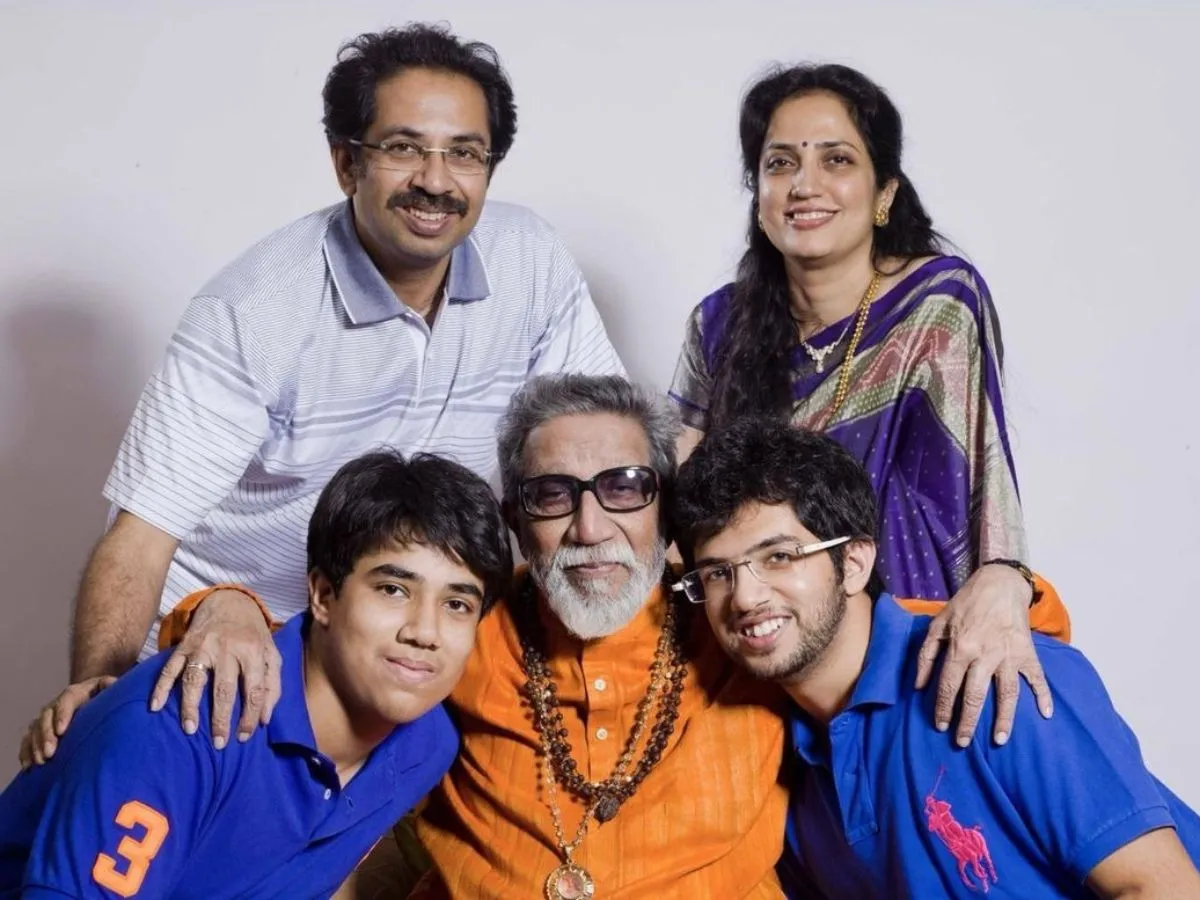Read in : தமிழ்
There was no invitation, no campaign on autos, no WhatsApp publicity either. No rent a crowd, none lured by liquor to swell a gathering. Yet, on the appointed day, at the correct time, these Irular people gather in the thousands, bringing their families to celebrate a tradition. It happens every year on the shores of Mahabalipuram. It has been happening for ages.
The full moon day in the Tamil month of Masi is the day Irulars have been celebrating as their day of culture revival. This year, it happened on February 16 with the usual enthusiasm. And it was a great day for the Tamil community.
Right from the afternoon, Irular families had begun gathering on the beaches of Mahabalipuram. Wearing their Sunday best, they brought their musical instruments made of sand, which they handled with much care. The instruments are sacred; they are their clan deity.
The songs started pouring out. They were sweet like honey and was a harmony of many voices. The music was unlike anything others would have heard. It was a music of hope.
The families made temporary tents out of stuff available there. There was no lock, no key, nothing to secure and keep away from others. There was food though. The Irulars cook and feast on that day.
After resting for a while in their tents, they went out to gather firewood and twigs from around the beach. As the sun set, they lit the firewood. It was time to worship. They sat around the fire, its warmth and the light infusing the air with solemnity and festivity. The soothing sea breeze set the stage for a spiritual occasion.

The Irular families light a fire on the beach, put up tents and spend the night singing and dancing in a spiritual tradition. (Photo Credit: Malaramuthan R)
The songs started pouring out. They were sweet like honey and was a harmony of many voices. The music was unlike anything others would have heard. It was a music of hope.
The tribal folk are nature worshippers. They play their traditional instrument to create music but worship it as God. The way they worship is natural, happy and indicates their history. Sweet, sad and happy; that was their music.
When singing happens, so does dancing. It was a dance around the fire that paid tribute to their traditional culture. It was a dance that brought joy to the soul, gave rest to old feet and created new, young feet.
There are no gender barriers here. Men, women, third gender—all dance around the fire together. The enthusiasm doesn’t dim. It only grows over time.
All of Mahabalipuram beach comes alive and glitters when the Irulars gather here.

They make music with their traditional instruments and sing songs in unison as part of the annual full moon festival on the beach at Mahabalipuram. (Photo Credit: Malaramuthan R)
Living in Chengalpet, Kancheepuram, Tiruvallur, Villuppuram, Cuddalore, Tiruvannamalai, Vellore in Tamil Nadu as well as in Andhra Pradesh, the Irulars gather on the full moon day at this time of the year, every year, in Mahabalipuram. No one knows when this started. Perhaps no one has traced its origins and history.
The scene changes the next morning. The Irulars go to the waves and worship Kanniamma, their virgin mother goddess. Where the waves lap the shore, they create a sand structure. Offering flowers and fruits, they light lamps and worship. They raise a cry as if hunting in the deep forest. Everyone does this in unison, all members of the family. All the Irulars become one, joining in spirit.
Many tales are associated with this festival. They sound like the folklore of everyone in Tamil Nadu but the typical heroes and heroines are missing.
At Mahabalipuram, no permanent structure is built for worship. The sand structure on the sea shore is quickly washed away.
The worship touches them deeply, gives them the inner strength and peace, which protects them until the next Masi full moon, when they come back to the shores of Mahabalipuram for these quaint rituals.

A sand structure is created on the beach at Mahabalipuram and fruits and flowers are offered to the Kanni deity. (Photo Credit: Malaramuthan R)
The word Kanni translates as virgin. Many ethnic groups in Tamil Nadu worship the Kanni. It denotes the origin, the first. The first harvest is called Kanni. The first born in the family is called Kanni.
Kanni is associated with all that is created. Irulars too give pride of place to the Kanni – the first, the original, the pure. They compose verses in praise of the Kanni, invoking love, compassion, affection, hope, faith, harvest and hunting. The ideas are sung as songs and passed on from one generation to the other in the family. The songs are not about the dead and the past, they are about the living, the present.
When the rituals are over, marriages are arranged right on the Mahabalipuram beaches. The weddings are conducted in a simple manner. The elders preside over the weddings.
Children get their heads shaved for the first time. The first tonsure is a tradition.
Living in Chengalpet, Kancheepuram, Tiruvallur, Villuppuram, Cuddalore, Tiruvannamalai, Vellore in Tamil Nadu as well as in Andhra Pradesh, the Irulars gather on the full moon day at this time of the year, every year, in Mahabalipuram. No one knows when this started. Perhaps no one has traced its origins and history.
The “civilized” world has continued to refuse to give Irulars their rights and their space. Food, education, shelter and the right to life and livelihood are denied to them. Their simple life carries the gentle imprint of their traditions.
The Irular gathering on Mahabalipuram beaches is a landmark event in southern India. There must lie an undiscovered history behind it. Their festival possibly remembers a struggle for their rights in the distant past. Anthropologists and historians should do research and find out the origins of the Irulars Masi full moon gathering. This would help give Irulars their place in history as well as in the modern world.
Read in : தமிழ்











